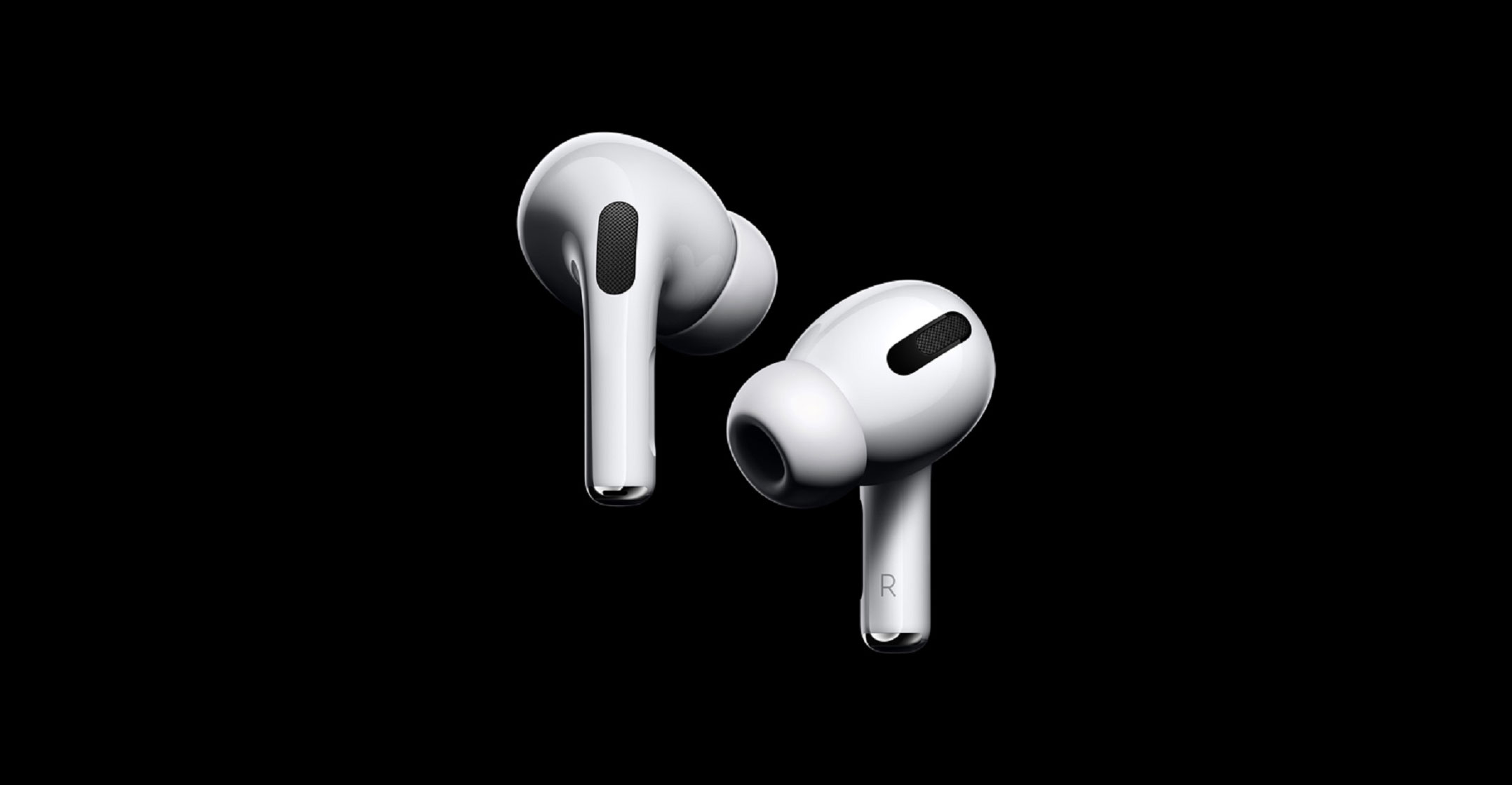 Shipments of Apple’s popular AirPods wireless earphones are expected to double to 60 million units in 2019, according to people familiar with the Cupertino-based company’s production plans. This has been driven in part by “much higher” than expected demand for the pricier AirPods Pro model unveiled in October.
Shipments of Apple’s popular AirPods wireless earphones are expected to double to 60 million units in 2019, according to people familiar with the Cupertino-based company’s production plans. This has been driven in part by “much higher” than expected demand for the pricier AirPods Pro model unveiled in October.
The US$249 AirPods Pro — which offer noise cancellation and water resistance — have surpassed expectations and demand for them is pushing Apple’s assembly partners against capacity and technical constraints, a person familiar with the matter said. Multiple suppliers are competing for the business of manufacturing the Pro earphones, though some are still building up the technical proficiency. There’s currently a wait time of two to three weeks for the AirPods Pro on Apple’s US website.
The most advanced form of wireless headphones is called “true wireless”, defined by the absence of a wire not just between the headphones and the music source but also between the two earbuds — and the AirPods are the category-leading example. Taiwan-based Inventec and China’s Luxshare Precision Industry and Goertek manufacture the AirPods for Apple.
Apple spokeswoman Trudy Muller declined to comment on the product’s shipments.
The pickup in AirPods sales this year has been helped by the launch of two new iterations: the Pro model in October and a $199 upgraded version of the original in March. The first AirPods were released in 2016. The runway is also mostly clear for Apple to have a successful holiday season, with Microsoft delaying its rival true wireless buds until autumn and Google also not launching its new model until 2020.
At the end of August, Apple was the clear leader in the global true wireless earphones market, according to Counterpoint Research. AirPods shipments have dwarfed every alternative and the Beats Powerbeats Pro, another Apple product, also feature in the top 10 sellers. While Samsung Electronics’ Galaxy Buds have emerged as a recognisable competitor, Apple moreover ranked as the most preferred brand for future purchases of true wireless headphones in the US, the researchers said.
Edged rivals
“Apple also edged rivals because true wireless as a category is the preferred choice over wireless earphones, due to factors like better sound quality, portability and ease of use,” Counterpoint analyst Pavel Naiya wrote on 26 September.
Wearables like the AirPods and Apple Watch have become a crucial growth driver for the Cupertino company, which is adapting to plateauing iPhone demand in a mature smartphone market. In the past quarter, Apple’s iPhone sales shrunk to $33.4-billion from the prior year’s $36.8-billion, whereas the Wearables, Home and Accessories segment — composed of the Apple Watch, AirPods, Beats, HomePod and Apple TV groups — generated $6.5-billion in revenue, growing by 54%.
Total shipments of the AirPods Pro for the year will be determined by how well and how quickly the assemblers overcome the production challenges they currently face. If the overall AirPods range hits 60 million units in 2019 as is now expected, Apple should retain its 50% share of the true wireless market, which Counterpoint expects to surpass 120 million shipments for the year. — Reported by Debby Wu, with assistance from Mark Gurman, (c) 2019 Bloomberg LP




